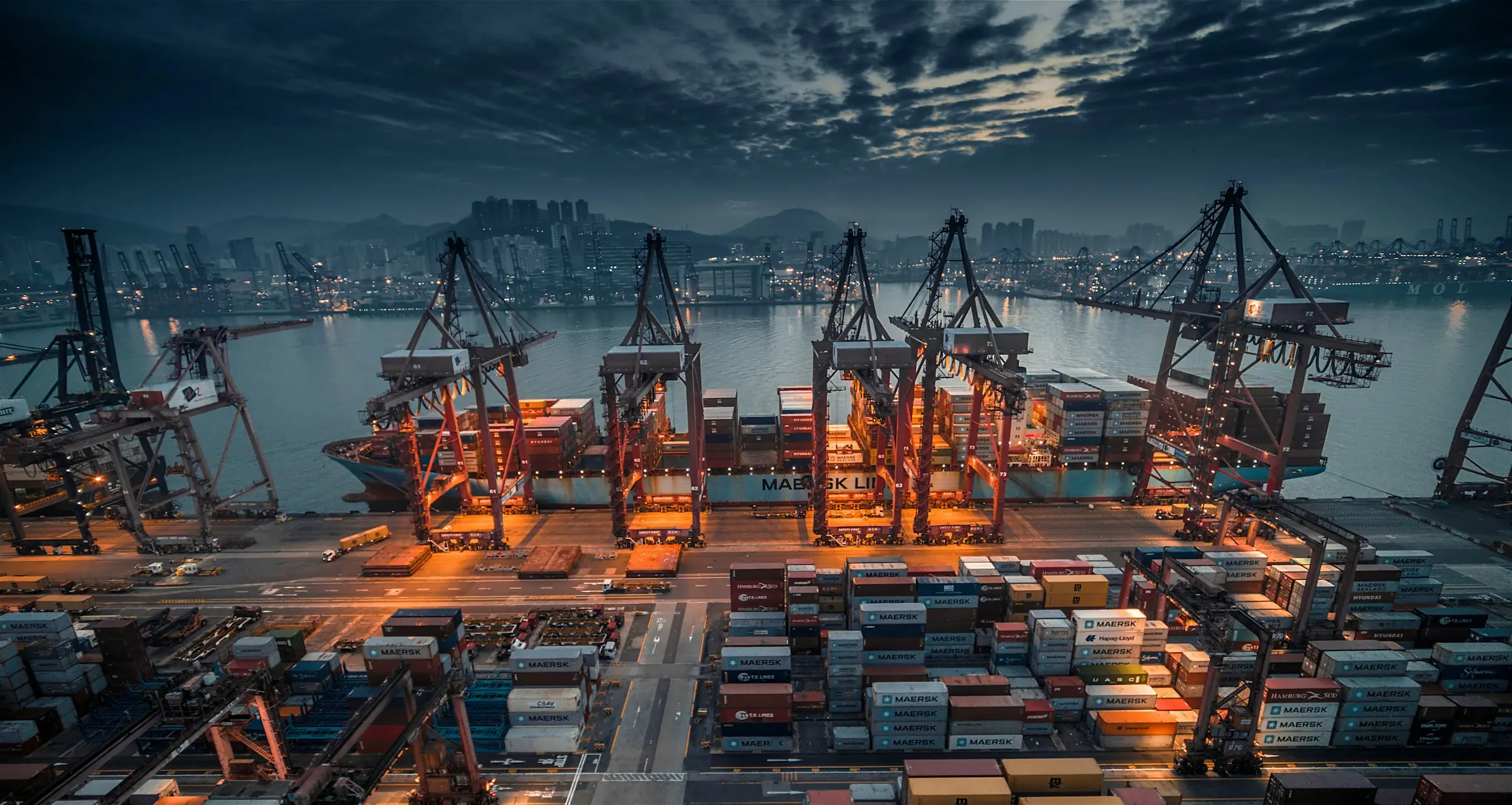Introduction
This guidance paper responds to a key issue in port practice highlighted in a 2023 worldwide survey carried out by the ICC Commission on Commercial Law and Practice on the use of the lncoterms® rules in major ports internationally: the frequent mismatch between the chosen lncoterms® rule and the practical realities of shipping goods in containers through ports. This guidance paper is relevant to users of the lncoterms® 2020 rules for shipping goods in containers through ports anywhere in the world.
Guidance paper
The survey reveals that the top two considerations for traders when selecting a lncoterms® rule are
- Controlling freight costs
- Clarifying risk transfer
Where goods are shipped in containers through a port at departure and/or at arrival, the lncoterms® 2020 rules FCA and CPT provide the best matching point to delineate freight cost and transfer risk:
- "FCA container terminal [port of departure] lncoterms® 2020"
- ''CPT container terminal [port of arrival] lncoterms® 2020"
The traditional maritime lncoterms® rules FOB, CFR, and CIF have an on-board point of delivery that is not suitable for containers since users have in practice no control over the start of freight cost and transfer of risk up to or after this point. This mismatch has for years given rise to additional costs, Terminal Handling Charges (THC) overcharge/double charging in ports, uncertainty, and disputes.
The trading community will benefit greatly by shifting practice away from the traditional maritime terms FOB, CFR, and CIF and replacing them with the lncoterms® 2020 rules which are far more suitable for containers: FCA, CPT, and CIP.
FCA and CPT (or CIP if insurance cover is agreed) are in reality the "updated" maritime lncoterms® rules for containers, identifying what actually happens to containers, rather than pretending that the old maritime terms adequately describe the container trade. The FCA/CPT/CIP rules are designed to control freight cost and risk transfer for all goods shipped in containers through a port since they define the appropriate point to transfer freight costs and risk.
This guidance paper was drafted by the Co-chairs and the Special Adviser of the ICC lncoterms® 2020 Drafting Group: Christoph Martin Radtke, David Lowe, and Charles Debottista together with Professor GAO Xiong, Executive Chair of the ICC China Commission on Commercial Law and Practice.







Comments